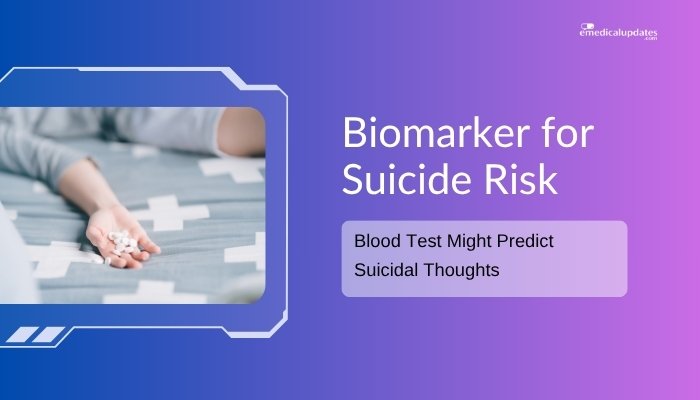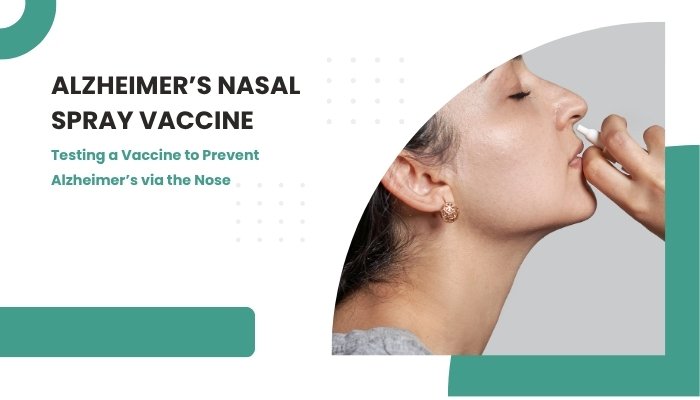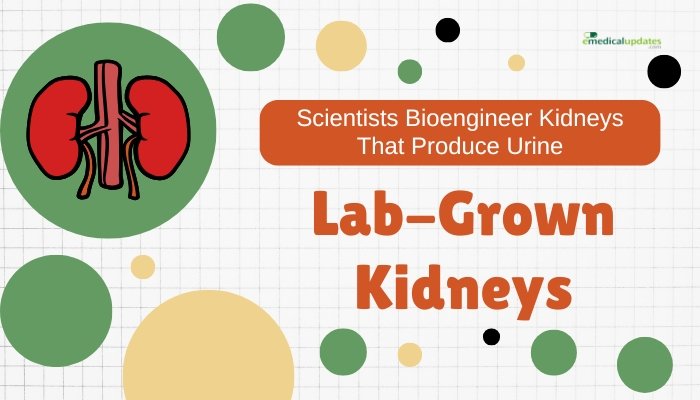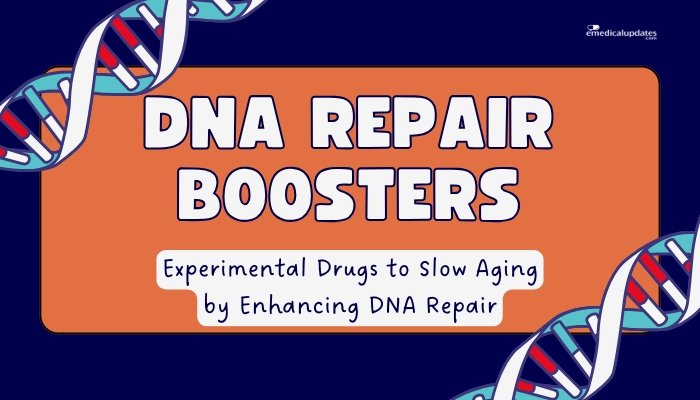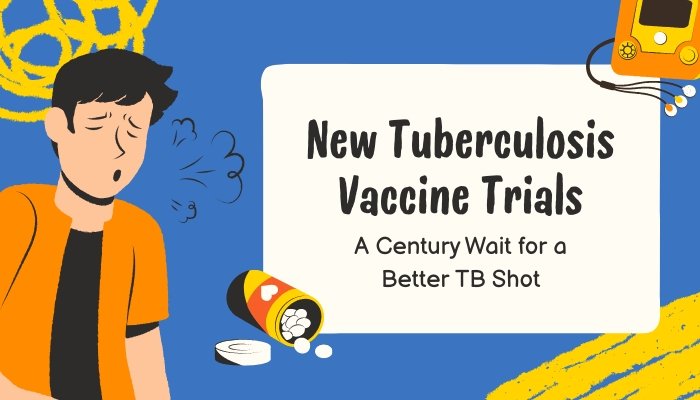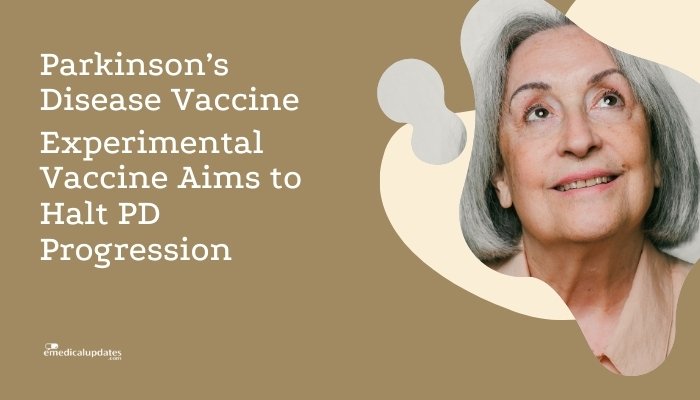Introduction
Suicide ranks among the leading causes of death worldwide, often leaving friends and family grappling with how such a tragedy could have been foreseen or prevented. While mental health professionals rely on patient-reported symptoms and clinical assessments, biological markers of suicidal ideation have remained elusive.
Now, emerging research hints that certain molecules in the blood—biomarkers—may correlate with acute suicidal risk. If validated in larger studies, a blood test might help pinpoint individuals at high risk, enabling faster, more targeted intervention strategies.
Why a Blood Biomarker for Suicide Risk?
The Challenge of Subjective Assessments
Mental health evaluations primarily rely on:
- Self-Reports: Symptoms or feelings shared by the patient.
- Clinical Observations: Behavioral cues or patient history.
Yet, some at-risk individuals may hide or downplay suicidal thoughts. A biological test could complement these assessments with objective data—particularly crucial in crises or if a patient cannot articulate distress.
Potential for Early Intervention
If a blood test can detect imminent suicidal ideation, healthcare providers could:
- Prioritize High-Risk Patients: Offer immediate therapy, medication adjustments, or hospitalization.
- Track Changes Over Time: Monitor biomarkers to see if risk is increasing or diminishing with treatment.
The New Research and Findings
Potential Biomarkers
Studies highlight that certain genes or proteins in the bloodstream shift when individuals experience intense mood dysregulation or suicidal impulses. For instance:
- Inflammatory Markers: Interleukins, cytokines, or other inflammation-related substances may spike in those with severe depression and suicidal ideation.
- Stress Hormones: Abnormal levels of cortisol or related compounds might correlate with escalated suicide risk.
Clinical Trials and Preliminary Data
In small-scale or pilot studies, participants undergoing acute suicidal crises exhibited distinctive biomarker patterns compared to non-suicidal depressed patients or healthy controls. Some reported 80–90% accuracy in distinguishing high-risk individuals, though replication in larger, more diverse cohorts is needed.
How the Test Could Be Used
- Triage in Emergency Settings: In busy ERs, a quick blood test might help identify which psychiatric patients require immediate protective measures.
- Ongoing Monitoring: A tool for psychiatrists to gauge therapy efficacy or sense emerging crises in patients with chronic suicidal tendencies.
- Research: Deeper investigations into the biology of suicide, unraveling complexities behind suicidal ideation.
Ethical and Practical Concerns
Reliability and False Alarms
A biomarker test that incorrectly flags a patient can cause undue anxiety or lead to unnecessary interventions (and costs). Conversely, a missed case can be dangerous. Ensuring high specificity and sensitivity is paramount.
Privacy and Stigma
Labeling someone as “high-risk” might carry insurance or employment ramifications if not handled with strict confidentiality. Thoughtful regulation is crucial to protect patient rights.
Access and Equity
Broader mental health resources remain necessary. A test alone can’t solve suicidal ideation if robust mental health services aren’t available, especially in underserved communities.
Future Directions
Larger Cohort Validation
Researchers plan extensive multi-center trials with diverse populations to confirm the biomarker’s predictive power across different backgrounds, ages, and mental health conditions.
Integration with Clinical Tools
If validated, psychiatrists might incorporate the test into standard assessments, using an algorithm that weighs both biomarker levels and symptom interviews. This synergy could refine risk stratification significantly.
Personalized Prevention
Eventually, doctors might customize interventions based on each patient’s biomarker profile—adjusting therapy intensity, frequency of check-ins, or medication to ward off crises before they escalate.
Frequently Asked Questions
- Is a blood test enough to diagnose suicidal ideation?
- No. It would supplement clinical evaluations. A single biomarker test can’t replace comprehensive assessments of mood, behaviors, and social context.
- How close is this test to being available?
- It’s still in the research phase. Larger trials must replicate preliminary findings before any commercial launch or wide clinical adoption.
- Could the test detect all forms of suicidal thoughts?
- The complexity of suicidality means the test might not catch every case. Further refinement is needed to ensure broad coverage and minimal false negatives.
- What if a patient’s biomarker is high but they deny suicidal thoughts?
- A high result signals risk, prompting further discussion and evaluation. The test can’t read minds but can highlight physiological stress markers consistent with severe depression or suicidality.
- Will insurance cover it eventually?
- Coverage depends on FDA approvals, guidelines, and proven cost-effectiveness. As it’s new technology, policies are likely to evolve over time.
Conclusion
The pursuit of a blood-based biomarker for suicide risk underscores a critical shift: combining psychiatry’s subjective insights with objective biological markers. While these promising discoveries could transform how clinicians detect and respond to high-risk patients, they remain an adjunct to comprehensive mental health care rather than a standalone solution. Ongoing large-scale trials will confirm if these biomarkers reliably forecast suicidal crises, potentially giving mental health professionals a powerful new tool for life-saving intervention. Should results hold up, the next frontier in suicide prevention might be as simple as a blood draw—revolutionizing an area of medicine that has long relied predominantly on self-report and observation.
References
-
Niculescu AB, et al. (2022). “Biological signatures for suicidal ideation: integrative biomarkers.” Mol Psychiatry.
-
Turecki G. (2019). “The biology of suicidal behaviors.” Nature.
-
American Foundation for Suicide Prevention (2023). “Research updates on biomarkers for suicide risk.”
-
WHO (2021). “Preventing suicide: a global imperative—emerging insights.”

